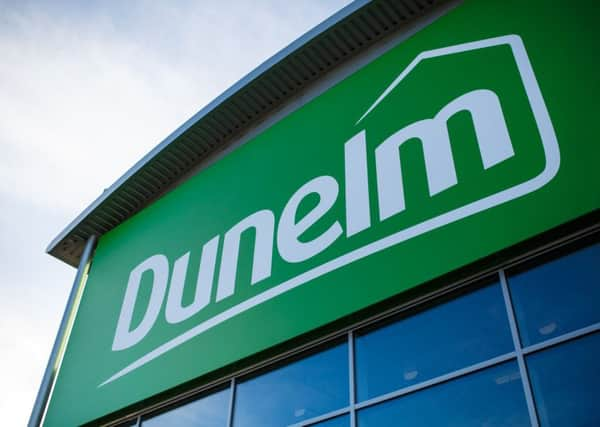Dunelm flags lower profit amid tough retail market
This article contains affiliate links. We may earn a small commission on items purchased through this article, but that does not affect our editorial judgement.


The chain said it expects pre-tax profit for the year to 1 July to come in between £109 million and £111m, down from the £128.9m reported last year.
Like-for-like store sales fell 2.4 per cent in the period, with overall comparable sales down 0.5 per cent.
Advertisement
Hide AdAdvertisement
Hide AdThe figures come after Dunelm warned in February that costs were starting to rise in the face of the Brexit-induced collapse in the value of the pound, resulting in a more “challenging” retail environment.
• READ MORE: Summer outlook is far from sunny for retail sector
The group, which recently acquired Worldstores, fared better in the fourth quarter, which saw total revenue grow 17.7 per cent to £240m and like-for-like sales rise 3.8 per cent. Over the year, sales were up 8.5 per cent to £955.6m, boosted by Worldstores.
Dunelm chief executive John Browett said: “We’ve seen a good quarter of trade with positive like-for-like sales growth and a very strong online performance. Encouragingly, we continue to take market share.
“We continue to invest in the business for the longer term to improve our customer proposition and infrastructure and, despite an uncertain consumer environment, we go into the next financial year with some good momentum.”
He added that the Worldstores acquisition will provide a “massive leap forward” to Dunelm’s online and store offer.
Earlier this year Browett warned that customers will face further price hikes as the plummeting pound ramps up costs.
Advertisement
Hide AdAdvertisement
Hide AdSterling’s decline has resulted in a sharp rise in import costs for British businesses, much of which will be passed on to already struggling consumers.